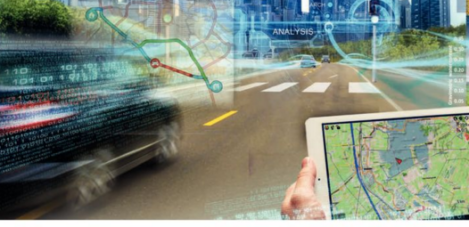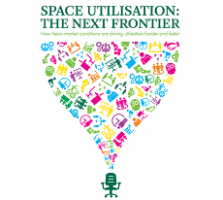November 19, 2015
Stalled career progression could prompt rise in employee turnover 0
 A lack of career opportunities is resulting in more people leaving their job and this increase in employee turnover is costing organisations thousands in lost productivity, finds a CEB survey of more than 12,000 employees worldwide. Traditional, linear career paths where employees climb the corporate ladder one promotion at a time are a thing of the past, but the resulting flat organisational structures mean employees spend more time at each level – roughly three more years than in 2010. This stalled progression has caused 70 percent of employees to be dissatisfied with their opportunities, leading to greater turnover. Rather than encouraging an environment where promotions are the measure of career progression, companies should build growth-based cultures where moves across functions are not only planned but encouraged says CEB. Doing so not only improves engagement but also helps improve the bottom line.
A lack of career opportunities is resulting in more people leaving their job and this increase in employee turnover is costing organisations thousands in lost productivity, finds a CEB survey of more than 12,000 employees worldwide. Traditional, linear career paths where employees climb the corporate ladder one promotion at a time are a thing of the past, but the resulting flat organisational structures mean employees spend more time at each level – roughly three more years than in 2010. This stalled progression has caused 70 percent of employees to be dissatisfied with their opportunities, leading to greater turnover. Rather than encouraging an environment where promotions are the measure of career progression, companies should build growth-based cultures where moves across functions are not only planned but encouraged says CEB. Doing so not only improves engagement but also helps improve the bottom line.


































November 5, 2015
Data transforms the roles of offices and the people who manage them
by Philip Ross • Comment, Facilities management, Technology, Workplace
(more…)